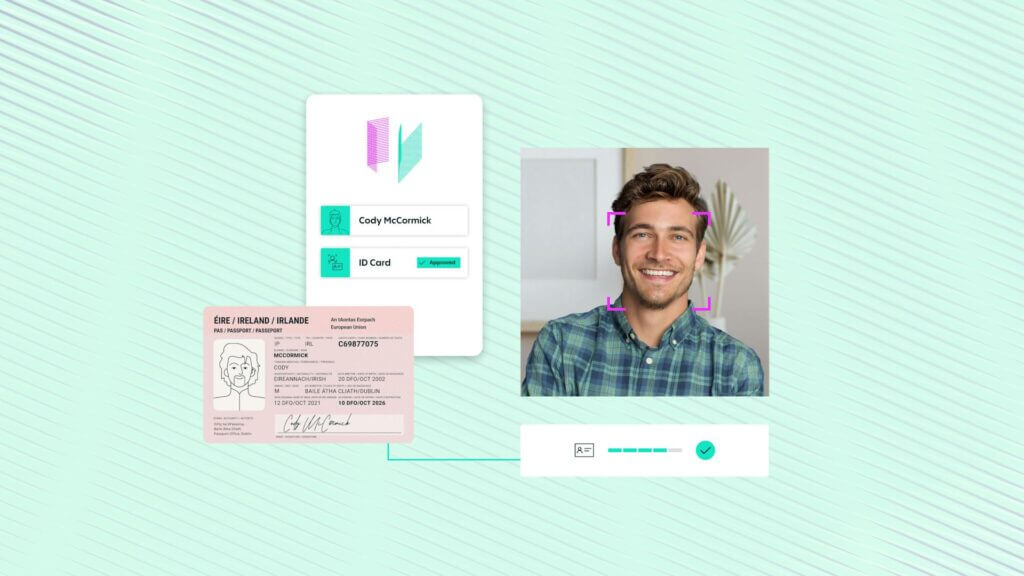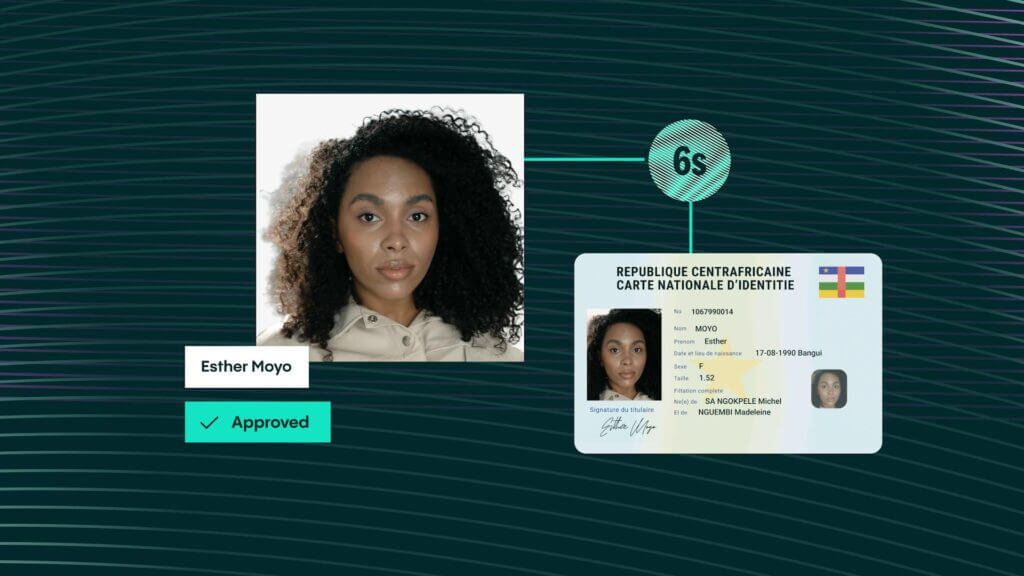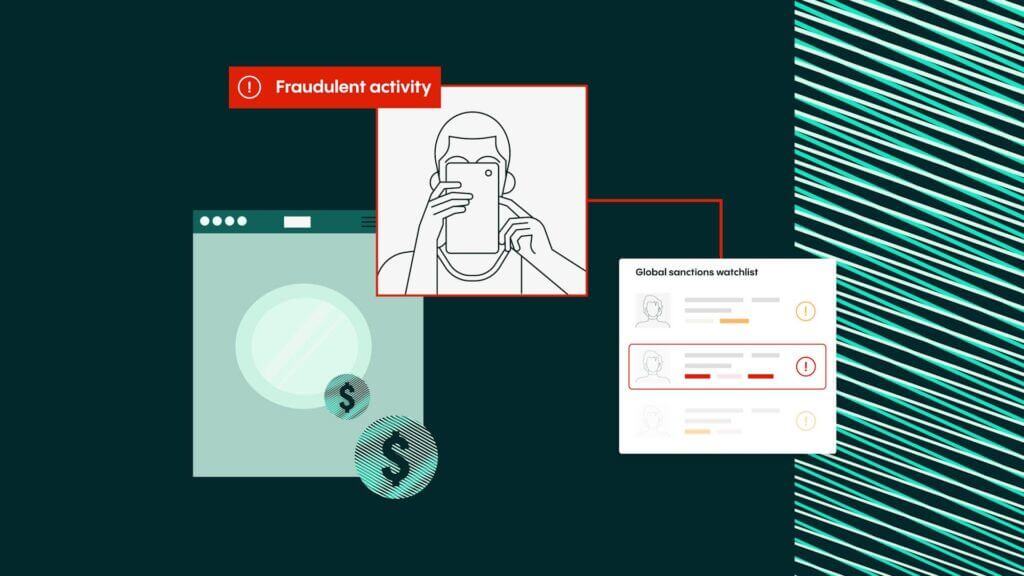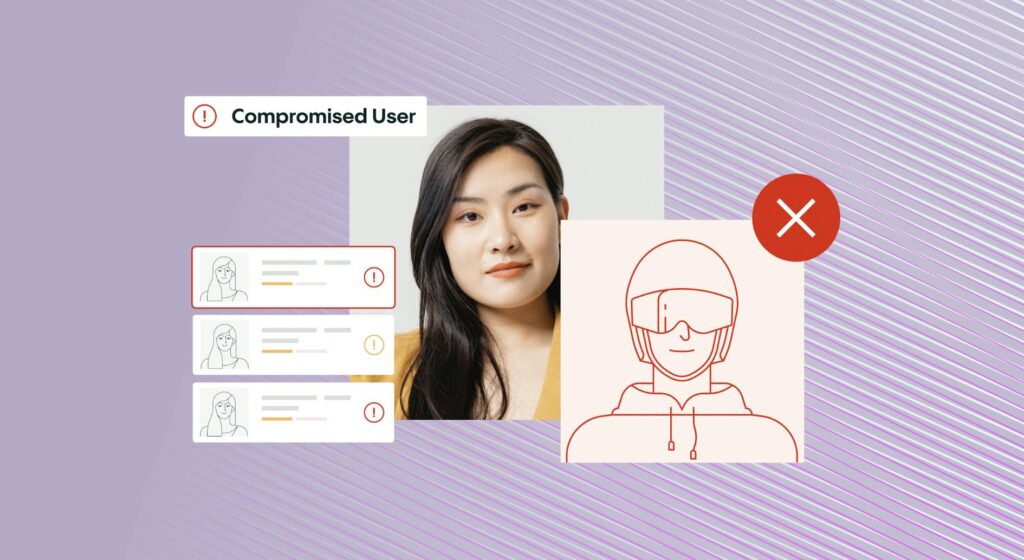Onboarding Article
Are trust issues stifling your marketplace’s growth? Here’s what to do.
Low customer confidence is one of the biggest challenges facing online marketplaces, the answer lies in strengthening your ‘trust stack’

Trust is the biggest single contributing factor to marketplace success. High levels of trust reassure customers that their expectations will be met and give them the confidence to do business in a virtual space. High levels of trust not only lead to higher customer acquisition rates they also trigger significantly improved conversion, and customer retention.
Ultimately, marketplaces’ real value driver isn’t the platform or tech stack that makes transactions possible, it’s the level of trust they nurture to enable trade between strangers.
Trust can be difficult to generate, however, because it results from the accumulation of customer perceptions and experiences over time. While it is hard-earned, trust can be lost very quickly, causing customers to swiftly and abruptly withdraw their business. A customer does not need to suffer loss first-hand. Sentiment in the form of negative press coverage, or even rumor can be enough to seriously erode levels of trust.
Does your marketplace have a robust trust stack?
Successful marketplaces assemble a kind of trust stack, drawing together a series of complementary processes, values, and protections, all designed to maximize customer confidence. A typical trust stack is likely to include the following layers.
- Identity verification
The process of building and maintaining trust begins and ends with identity verification. In order to transact with confidence, marketplace participants must have trust in other users. They need to have confidence that the content others post on a marketplace reflects the product they’re selling. They need to know they’re transacting with a real person/business and that entity has an equally vested interest in that transaction. Swift, secure, and seamless identity verification processes and procedures are critical. - Transparency
The more transparent a marketplace is about its policies, processes, and fees, the more trust it will inspire in its users. Participants need reassurances that the marketplace is accountable; that the information provided is true, accurate, and designed to benefit the customer; and that there are fail-safes in place to protect their interests. Successful marketplaces seek to be as transparent as possible. - Consumer protection
Leading marketplaces have clear policies to ensure customers are not left materially worse off when transactions go wrong. For example, Amazon, Etsy, and Alibaba, are among a host of marketplaces which refund customers if products are damaged or defective upon delivery. They also have a returns policy for products that do not match the description on their website. - Robust security
Security is a critical component of trust for all marketplaces. Customers need to know that their personal information and payment details are safe. Industry-best practice involves sign-in using a secure server connection, 128-bit encryption of customer data and two-factor verification to ensure personal data, credit cards and transaction details remain secure. - Social proof
Social proof, in the form of online reviews and testimonials, is a critical element of establishing trustworthiness. Customers need evidence that the marketplace/seller has a legitimate purpose and a regular customer base. This can take the form of online testimonials, reviews, good PR, and social media coverage, to name but a few. According to research conducted by the Spiegel Research Center, nearly 95% of shoppers read reviews before hitting “buy,” with the purchase likelihood for a product increasing by 270% if it has five reviews, compared to none.
While trust is critical, marketplace security systems and processes must not be allowed to negatively impact customer experience. Without care and sensitivity, identity verification in particular can add significant friction to the customer journey. This can trigger customer frustration and lead to customer drop-out at important touchpoints such as customer onboarding.
That’s where Veriff’s market-leading Identity Verification (IDV) solution proves to be transformative. The solution can verify customer identity in just six seconds using a selfie and photographs of an individual’s government-issued identity documents taken using their smartphone.
Veriff’s IDV solutions recognizes ID documents from across the globe and it verifies customer identity in just six seconds, with the highest accuracy rate on the market, enabling Marketplaces to onboard 30% more customers while achieving a high level of security.
Adopting a leading IDV solution, such as Veriff’s, is a clear choice for marketplaces unwilling to compromise on either customer trust or platform security. Check out our starter plans.

Learn more
Our IDV platform puts market-leading identity verification and high trust well within your reach. Plus, you can also tailor your verification processes to suit your industry and brand. If you’d like to learn more about how we can create an identity verification process for your business, get in touch with us today and book a personalized demo.














